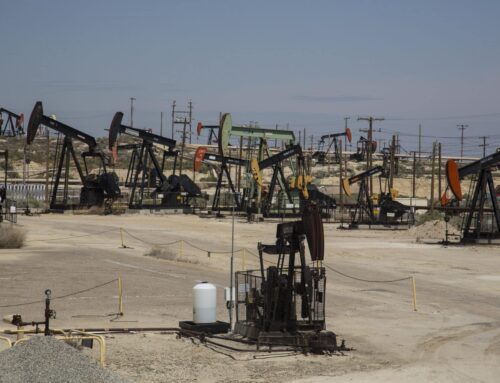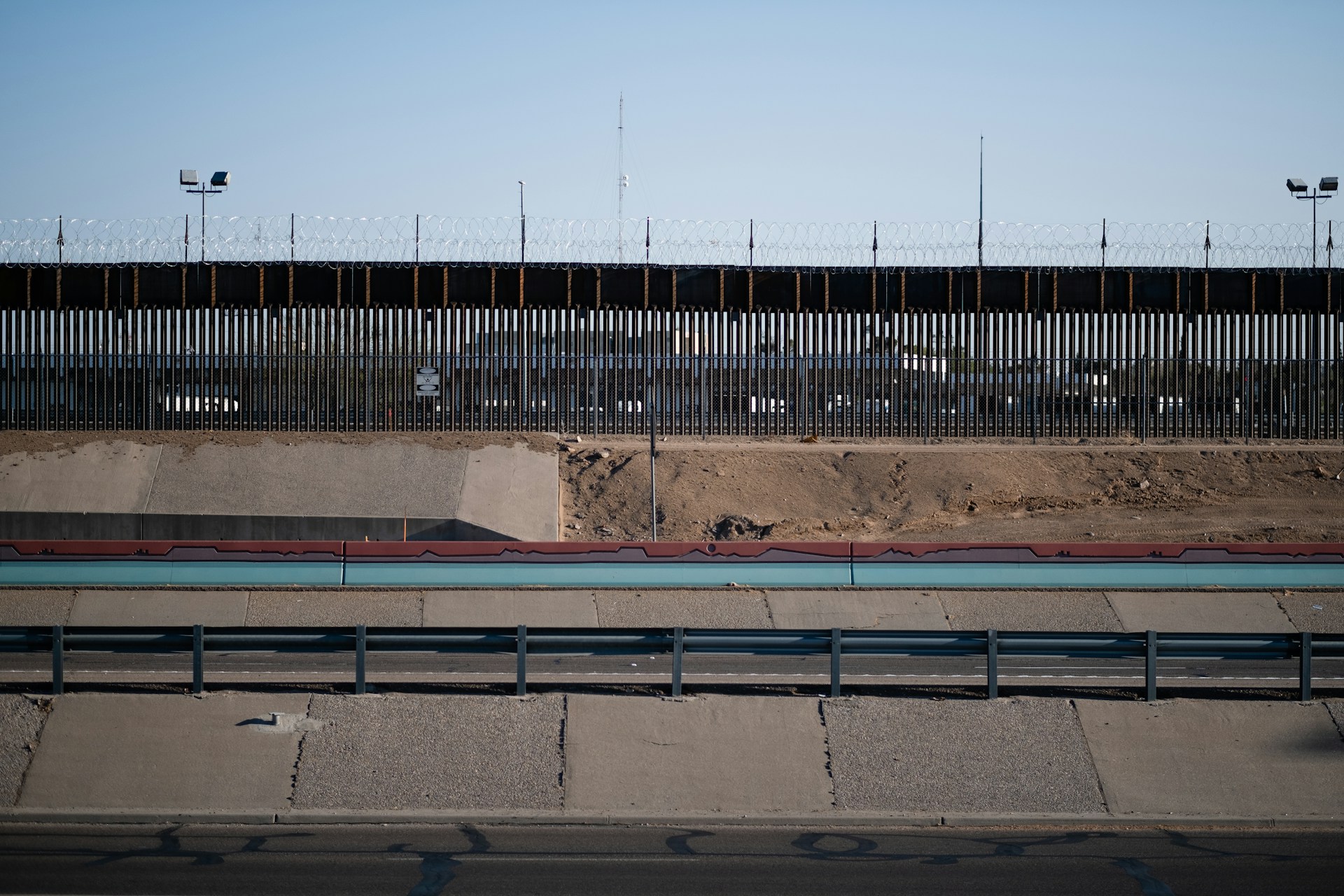View/Download this article in PDF format.
The American Clean Energy Leadership Act of 2009 (ACELA), S. 1462, as approved by the Senate Energy and Natural Resources Committee in June, authorizes and appropriates a new energy financing mechanism called the Clean Energy Deployment Administration (CEDA). CEDA is intended to make billions in federal lending assistance available to commercialize “emerging” energy technologies. CEDA could offer loans, loan guarantees and other federal credit support to projects that include nuclear reactors, synthetic fuels and coal facilities, as well as renewable and efficiency projects.
Taxpayers for Common Sense is concerned that CEDA, as proposed in S. 1462, eliminates many traditional controls over federal agencies, leaving it without adequate oversight, transparency and accountability mechanisms to protect taxpayers. Under the current proposal, CEDA will have no loan volume limitation and is expected to award more than $130 billion to capital intensive, high-risk fossil fuel and nuclear projects that have been estimated to have a 50% default rate. 1 A September 2009 Congressional Budget Office (CBO) report illustrates some of these basic concerns.
Highlights of the CBO Analysis of the Clean Energy Deployment Administration:
- Up to $15.9 Billion Increase in Direct Spending. From 2010-2019, CBO estimates that CEDA and the proposed changes to Title XVII in ACELA could increase direct spending by as much as $13.1 billion and $2.8 billion, respectively.2 CEDA’s would be initially capitalized by a direct payment from the Treasury and a transfer of existing Title XVII appropriation authority from DOE without going through the regular appropriations process. This significant amount of taxpayer funding would be available to CEDA to pay for the estimated credit subsidy for each loan or loan guarantee approved by CEDA.
- Estimated $130 Billion in Loan Guarantees for Fossil Fuels, Nuclear and Other Capital Intensive Projects in 10 years. The existing Department of Energy Title XVII loan guarantee program would be transferred to the management of CEDA. CBO estimates that implementing the S. 1462 CEDA credit provisions would result in Title XVII loan guarantees in excess of $130 billion for nuclear, coal and other large capital projects in the first ten years.3
- Exemption from Key Provision of Federal Credit Reform Act. As the CBO report confirms, the Senate CEDA proposal would eliminate the existing $51 billion loan guarantee appropriation limit on the Title XVII Section 1703 program. Under the Federal Credit Reform Act, either an appropriation limit is required on the amount of loan guarantees that can be approved or an appropriation for the credit subsidy is required. Removing this important limit would give CEDA permanent authority to guarantee Title XVII loans without congressional approval or limitations.4
- Underestimated Credit Subsidy Costs. CBO projects that CEDA will underestimate the cost of guaranteeing loans by at least 1% less, on average, than the loan premiums will actually cost DOE. This would increase DOE’s spending on credit subsidies by $1 billion over the next ten years.5 But the cost to taxpayers could be well beyond that. In other federal credit programs, there have been significant credit subsidy miscalculations. Losses are taken directly from the Treasury without further legislative action.
- Support for Synthetic Fuels Projects that Have Failed Taxpayers Before. CEDA also removes statutory limitations on federal agencies participating in the loan guarantee program and therefore CBO anticipates that agencies such as the Department of Defense (DOD) would use the program. Specifically, CBO expects DOD would use CEDA to acquire synthetic fuels which could include support for high-risk, carbon-intensive coal liquids and oil shale facilities. In the 1980’s, taxpayers lost billions to synthetic fuel facilities that were never completed. In the next ten years, CBO suggests $1.5 billion of CEDA funds will go towards guaranteeing federal projects.6
CEDA Must Be Reformed to Protect Taxpayers
As the CBO analysis shows, implementing the Clean Energy Deployment Administration as proposed in the American Clean Energy Leadership Act will significantly increase federal spending on loan guarantees and provide access to billions in credit support to capital intensive projects. But the billions in taxpayer costs illustrated in the CBO analysis are only the beginning. CEDA will provide little administrative or congressional supervision of lending activities and limited transparency. For instance, the Senate version does not require a publicly available list of all entities receiving financial support.
TCS has consistently highlighted problems with DOE’s existing Title XVII loan guarantee program and has called for a program overhaul. The proposed CEDA would only amplify current problems with increased access to Treasury funds and create massive taxpayer liabilities that could easily leave taxpayers with billions in defaulted loans. The Senate should acknowledge the program’s faults and ensure CEDA, as currently drafted, is not included in a climate or jobs bill.
For more information, please contact Autumn Hanna at (202) 546-8500 x112 or autumn[at]taxpayer.net













Get Social